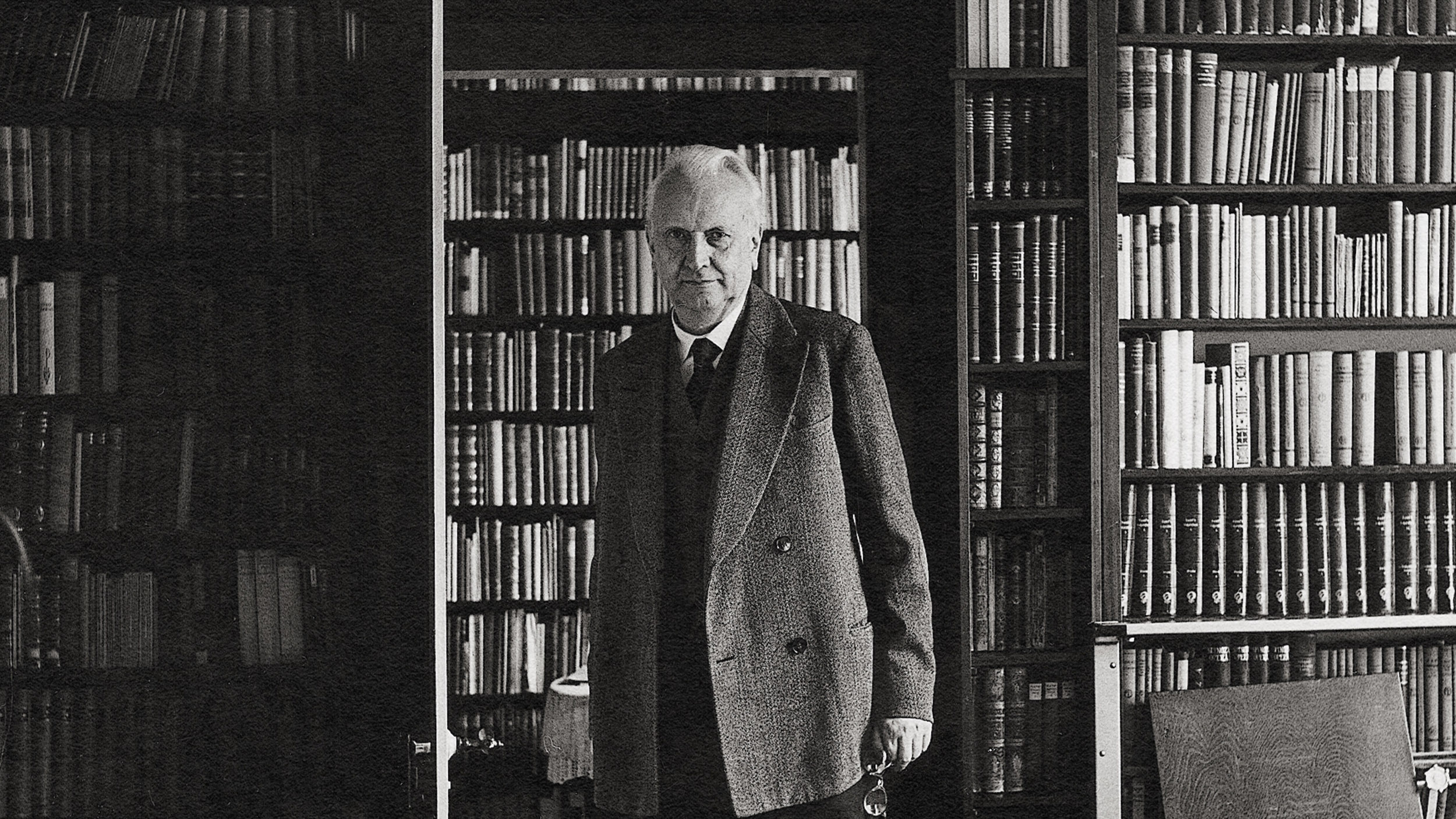Wall Street has a short memory.
Question: Why are some of its insiders bashing The Street?
Andrew Ross Sorkin: Ken Griffin is a fascinating guy because he started a firm called Citadel, which has become one of the largest hedge funds in the country. And he recently has become pretty outspoken about how he feels about Wall Street. And what I think made what he said in that column so interesting and just to explain what he was saying. I think he was saying that Wall Street really does bear the brunt of the criticism, that they need to take more responsibility and more important, they needed to be more careful with the leverage that they are putting on things and really trying to understand risk. Risk is sort of a weird word, because it's sort of amorphous and what does it really mean?
And when you think about what was going on, on Wall Street, people were trading so many different types of derivatives and credit swaps and that may mean nothing to you. But these are instruments if you will, that are attached and have values to certain things. But if you trade enough of them to each other, you've supposedly spread the risk out. But at the same time, you created systemic risk across the board. And so if one domino falls, everybody else can too. And I'm not sure people appreciated how far that risk had gone. And when you think-- another way to think about it is, that if you and I decided we were going to bet on the basketball game tonight, you know, that might be great and I might feel confident in betting with you, because I think that you can pay me back. But what I might not have realized, is that actually offset that bet with 20 other bets.
And it's unclear whether one of those other 20 might fall and how much of it you've offset on him and then how many other people offset it on him and maybe I even offset my bet with him too. So there's sort of this kind of cast of characters and if one falls, maybe everybody does. That was actually the problem with Bear Stearns. And I think for what Ken was trying to say was, there was just too much risk and people didn’t really appreciate that and they really need to put in controls, into place. One of the other things that Ken said though, that was really interesting is, that there wasn’t enough perspective on Wall Street, actually, that people were too young, that Wall Street is really run by a bunch of young Turks [ph?] who were running around the trading floors making deals, but they don't really see you know, the trees for the forest or in this case, the forest for the trees.
And I think, you know, it's ironic coming from Ken, only because Ken started trading you know, when he was in his dorm at Harvard and really started as a young Turk himself. But I think you know, gaining that perspective that he's gotten over the years, he's starting to say to himself, maybe we've got to put the brakes on.
Question: Will we see change that stems from the credit crisis?
Andrew Ross Sorkin: Well listen. Wall Street has a very short memory. But in fact, right this very moment you are seeing the pendulum swing the opposite way saying, nobody will loan anybody money. The idea of leverage, we talked about these buyouts, you can't do a buyout today. Frankly, it's hard to get a mortgage. So clearly, everybody has pulled the reigns in and said, we can't do what we were doing. But also, that's bad business because it doesn’t really actually make them any money in the long term. So we will slowly get back to where we were and a couple years from now, we will repeat the entire exercise.
Recorded on: June 3, 2008





